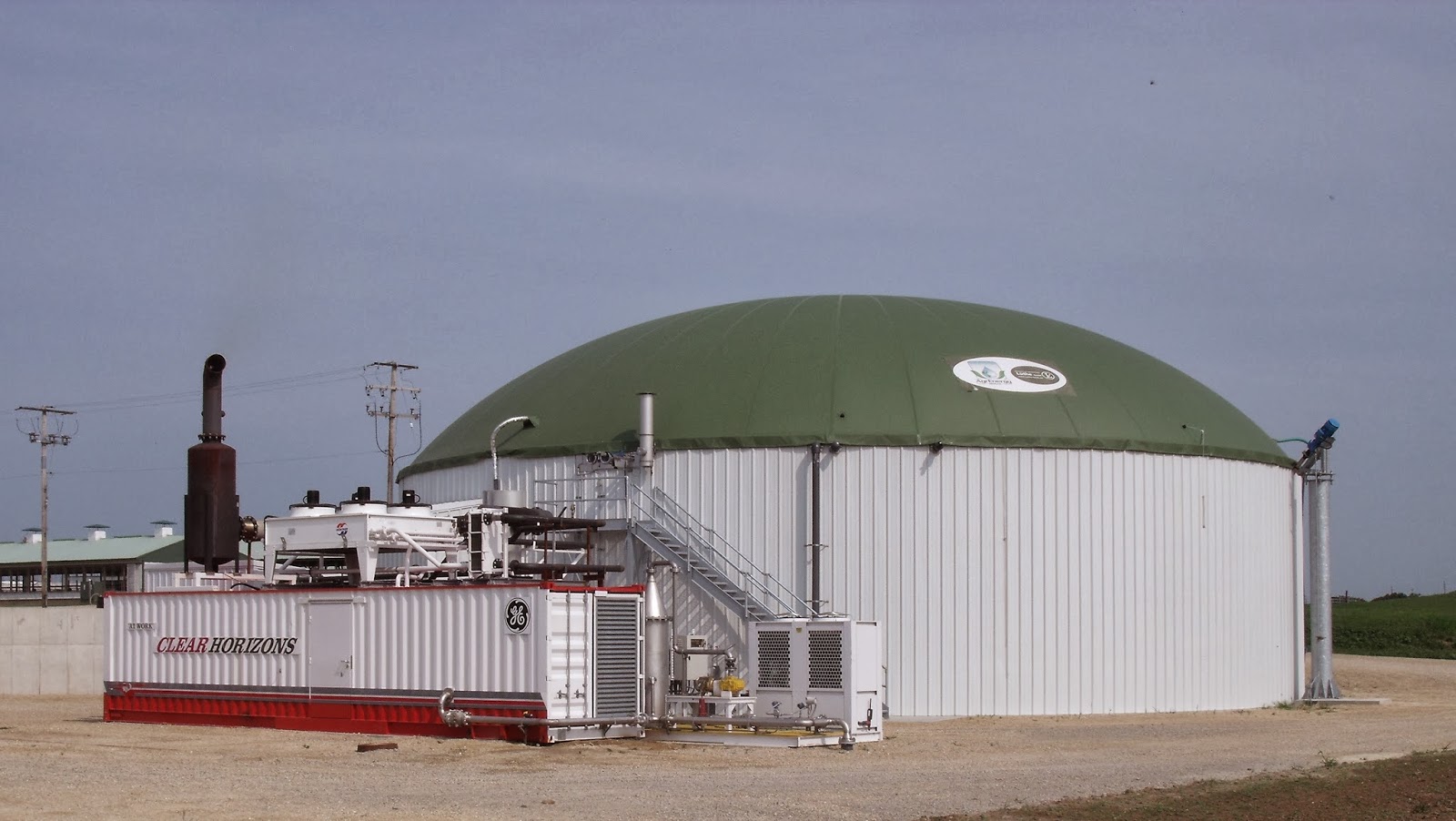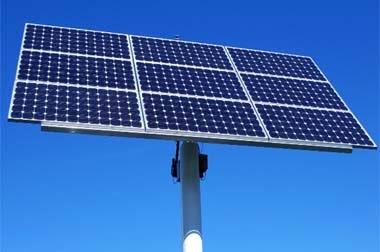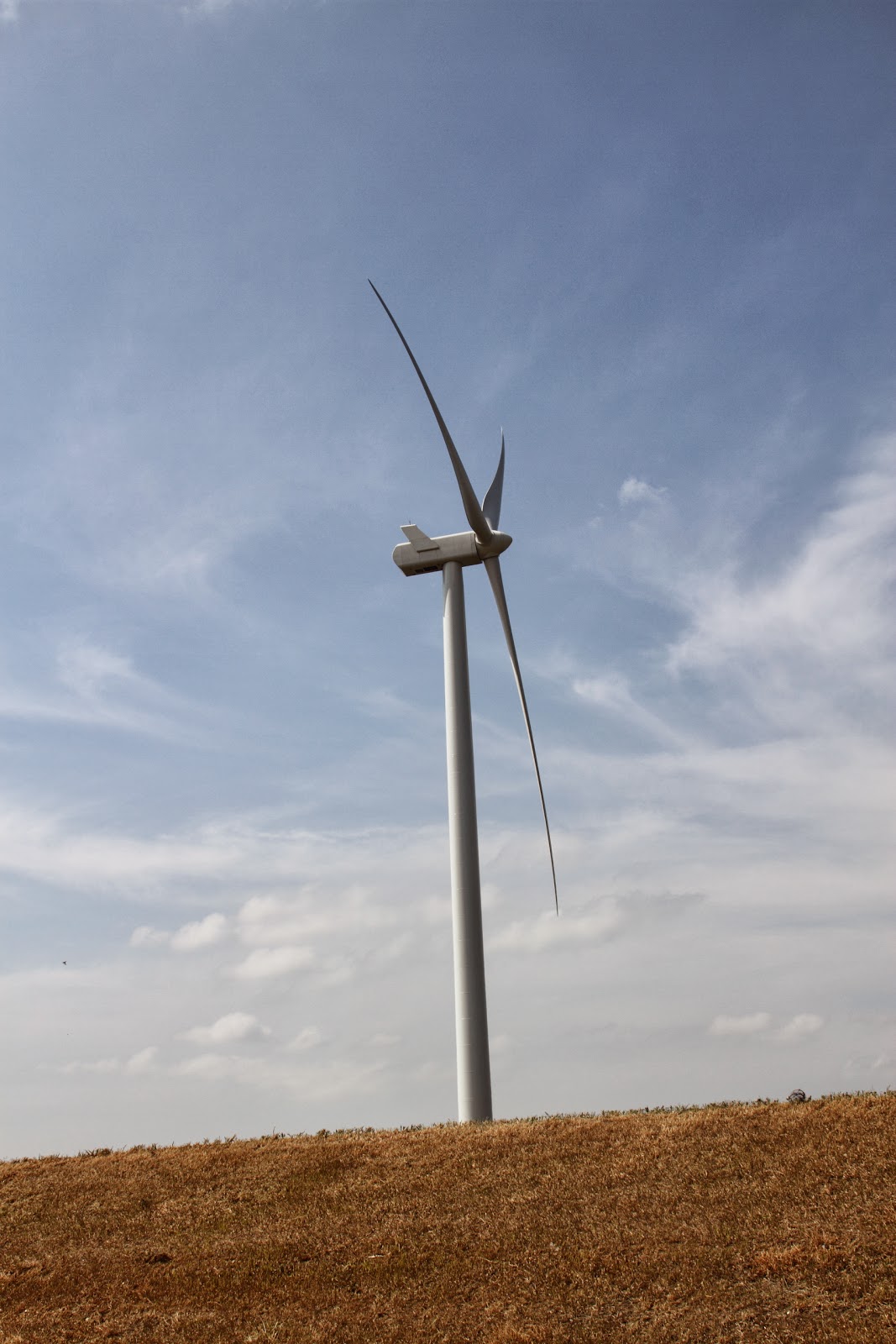Keynotes and Agenda Set for January Renewable Energy Policy Summit
National, Regional, and Statewide Leaders Highlight Event
12/20/2013 – Press release from RENEW Wisconsin
Wisconsin will host its third annual Renewable Energy Policy Summit on Friday,
January 10th, 2014 at the Pyle Center on the UW-Madison campus. The theme of
the event, “We Mean Business,” will highlight the importance of
renewable energy to Wisconsin’s economy. The early-bird registration deadline
is Friday, December 20th.
will feature three keynote speakers.
Dr. Dan Arvizu, Director of the National
Renewable Energy Laboratory in Golden Colorado, will kick off the program. He
will cover the potential for renewable energy development and how we can
capture it.
Karl Rabago, Veteran of the US Army,
Department of Energy, Austin Energy, Texas Public Utility Commission, and
currently a consultant, lawyer, and advocate, will give a lunch address on the
value and future of distributed renewable energy.
Michael Noble, Director of Minnesota-based
Fresh Energy will close the day by discussing the origins of Minnesota’s recent
law that will expand solar energy
30-fold by 2020 and the job creation that will come with it.
other sessions will continue to highlight the economic and business theme, with
additional presentations on new projects and programs:
Wisconsin
businesses including Melissa Van Ornum of Chilton-based DVO, Wisconsin’s
leading biodigester designer, and Matt Neumann of SunVest, a Pewaukee-based
solar developer. They will discuss the current business situation for clean
energy development in Wisconsin. Joe Sullivan of Wind on the Wires, a regional
wind energy advocacy organization, will also compare and contrast Wisconsin’s
wind energy development with our Midwest neighbors. Tom Content of the
Milwaukee Journal-Sentinel will moderate this panel.
A policy and
legislative panel will discuss the current public policy environment
surrounding clean, renewable energy, and prospects for strengthening it. The
panel will feature Secretary Ben Brancel of the Department of Agriculture,
Trade, and Consumer Protection, Representative Katrina Shankland (D-71st
Stevens Point area). Additional legislators have been invited. Chris Schoenherr
of the Department of Administration will moderate this panel.
A panel on
the connections between research, innovation, and economic growth in the clean
energy sector featuring Gary Radloff of the Wisconsin Energy Institute and Mike
Bull of the Center on Energy and the Environment, and a representative of the
Midwest Energy Research Consortium (M-WERC) is also expected to present. Tom
Still of the Wisconsin Technology Council will moderate this panel.
Afternoon
roundtables on current issues and projects with networking opportunities such
as community renewables, Clean Energy Choice, expanding our 10% Renewable
Electricity Standard, bioenergy, regulatory matters before the Public Service
Commission, and renewable energy credits (RECs).
Finally, a
lunch awards ceremony will recognize the outstanding projects that came online
this year and honor Wisconsin champions of renewable energy.
Wisconsin’s Executive Director Tyler Huebner says, “The We Mean Business theme
was selected to highlight the tremendous economic development potential for
Wisconsin from harvesting more of its own home-grown energy sources, and
contrast it to the current uphill battle many renewable energy businesses
currently face in this state.”
deadline for registration is Friday, December 20th. Early-bird rates are $75
for members of RENEW Wisconsin and $100 for non-members, and rates will go to
$95 and $125 respectively after the deadline. The rate for government employees
is $75 and for students is $35; these two rates won’t change with the deadline.
Membership with RENEW starts at $35 for individuals and $200 for businesses and
organizations.
speaker information, registration, and more information is available at www.renewwisconsin.org/2014_Summit/www.renewwisconsin.org/2014_Summit/.



